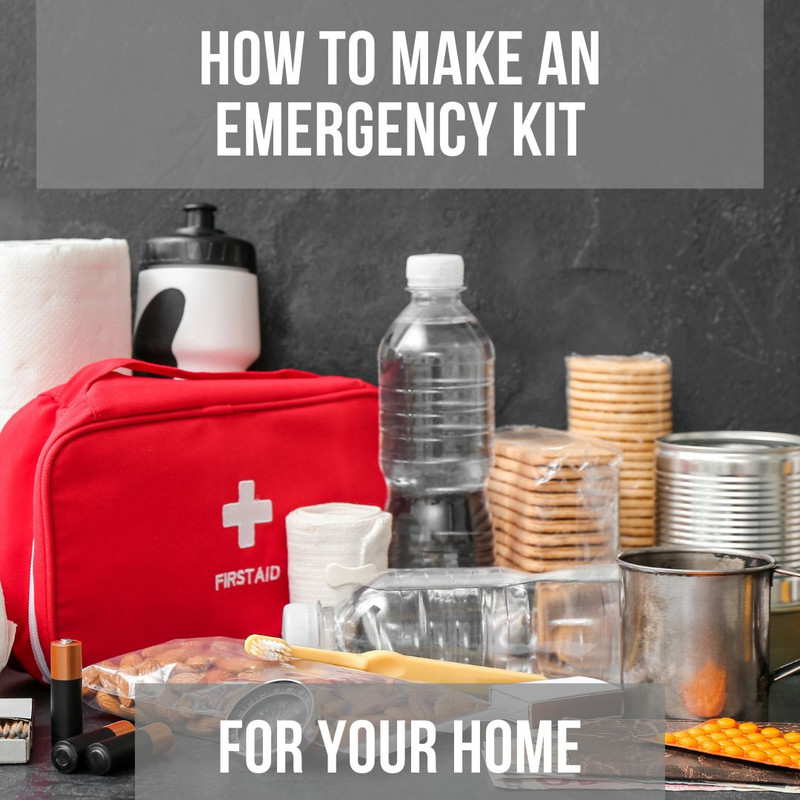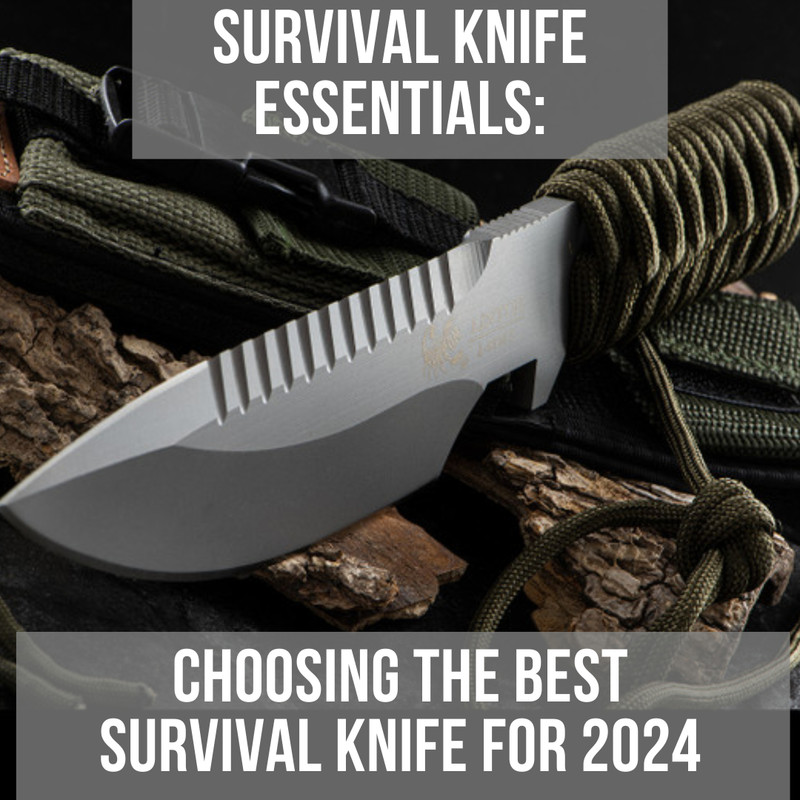How To Make An Emergency Kit For Your Home
Posted by HH on 26th Jul 2024
Covid made us all realise how unpredictable our world can be. How fast things we were once sure of can change and quickly become out of our control.
It’s important to remember we still live in a world where unforeseeable natural disasters and emergencies could easily throw us out of the comfort zone of everyday life. Being prepared for such things isn’t just advisable; it’s essential. Recent Government guidance underscores the importance of having a well-stocked emergency kit at home.
This isn’t about paranoia; it’s about pragmatism. Survivalist experts at Heinnie Haynes have seen their fair share of life’s unpredictabilities and can tell you firsthand that a bit of preparation can go a long way.
Essential supplies for your emergency kit
Get the basics right before adding fancy additions to your emergency kit. According to recent recommendations on Sky News, every household in Britain should have up to three days’ worth of non-perishable food and water.
You should store at least three litres of water per person per day. If you factor in cooking and cleaning, aim for ten litres per person daily. This might seem excessive, but having more than you think you’ll need in an emergency is always better. You should also consider whether you’ll need water for things like baby formula; in these cases, you may need more.
Food and water
It’s best to stock up on tinned foods, as they have a long shelf life and don’t require refrigeration. Think beans, soups, vegetables and fruit. And don’t forget the all-important can opener! Without it, those cans will be nothing more than paperweights.
Light and power
Power outages are common during emergencies, so ensure you have a battery-operated torch and spare batteries. A portable power bank is also crucial to keep your mobile devices charged.
Hygiene and first aid
Wet wipes or no-water-required wash kits are convenient ways to maintain personal hygiene when water is scarce. A comprehensive first aid kit is non-negotiable. It should include all the basics: water-proof plasters, antiseptic wipes, bandages, scissors and any personal medication you might need.
Communication and tools
Keeping communication lines open is vital. A whistle or other signalling device can be a lifesaver if you need to attract attention. A robust knife can be indispensable in various scenarios, from cutting through debris to performing basic repairs.
Survivalist recommendations
Survival experts like Heinnie Haynes recommend additional items to ensure you’re prepared. Portable cookware ensures you can still prepare hot meals if utilities are down. A tactical rescue tool, which can function as a glass breaker, seatbelt cutter and more, is an invaluable addition.
Special considerations
For those with infants, ensure you have an ample supply of baby formula, nappies and other baby-specific necessities. If you have pets, remember to include their food and any medications they might need.
Government resources
The Government is launching a new website to advise citizens on emergency preparedness. This resource will provide detailed guidelines and updates on how to stay safe during various types of emergencies. It is crucial to keep informed through official channels.
Having a well-stocked emergency kit can make all the difference when disaster strikes. It’s not about fear; it’s about foresight. Take these recommendations seriously, stock up wisely and stay informed.
However, remember, this isn’t about stock-piling toilet rolls or clearing the supermarket shelves of beans. It’s about being sensible and staying prepared without going overboard.
For more information, chat with our survival experts at 033 0300 0400. In the case of an actual emergency, please do not call Heinnie Haynes.







